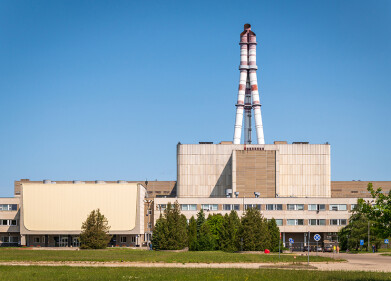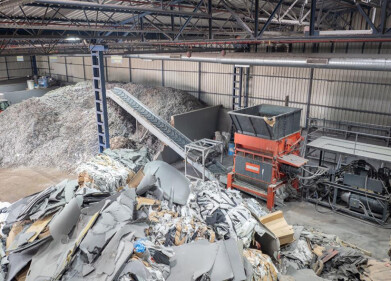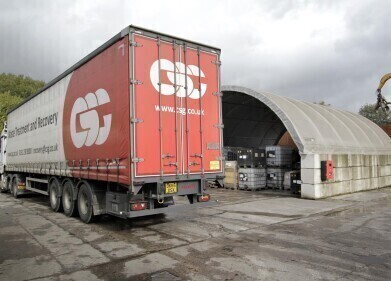Hazardous waste
How Has Jersey Reduced its Emissions?
Aug 19 2017
According to figures released by the Department for the Environment, Jersey has reduced its greenhouse gas (GHG) emissions by 40% from 1990 levels, meaning it is well on course to reach its target of an 80% reduction by 2050.
Sources say that this reduction has come about largely due to the importation of hydro and nuclear energy from across the English Channel in France, as well as a general decline in the amount of emissions from homes, businesses and vehicular use across the island.
“A long way to go”
Ministers greeted the revelations with positivity, but stressed that there was still much work to do in order for Jersey to meet its own obligations and for Europe and the wider world to ensure that global warming remains at a non-threatening level.
“I am cautiously optimistic that we are starting on this journey well. However, there is much to do and still a long way to go,” said Stephen Luce, Minister for the Environment on Jersey. “We’ve got to consider the carbon implications of the decisions we all make if Jersey is ultimately to be successful in playing its part in reducing global carbon emissions, and thereby avoiding the most serious consequences of climate change.”
Looking ahead
With that in mind, Jersey officials have already proposed a raft of new regulations aimed at bringing the GHG emissions under control even further. These include:
- Transitioning from oil to electricity as a means of heating homes, with 4,000 Andium houses earmarked for conversion, saving up to a million litres of fuel per year
- Insulating 1,700 private properties to increase energy efficiency, reduce consumption and bring down bills
- Subsidising energy-efficient measures in community buildings, with the aim of saving roughly 260 tonnes of carbon dioxide per annum
- Introducing new by-laws to tighten up legislation surrounding energy standards in new and refurbished buildings
Furthermore, the Jersey government expect that the growing popularity of electric cars will also play its part in removing emissions from vehicular traffic. With a concerted effort on all of these fronts, ministers are confident Jersey can keep to its ambitious targets.
A greener, cleaner tomorrow
The latest announcements follow other encouraging news coming from the diminutive island. Back in 2015, ACWA Services Ltd launched their modernisation project for Jersey's Rosière desalination plant, ensuring that the island has access to greater capacity of freshwater even during times of low rainfall.
Meanwhile, its success in reducing emissions has arisen largely from searching out cleaner forms of energy. In addition to the growing popularity of nuclear, solar, wind and wave power as legitimate, green sources of power, researchers have been looking into how to convert wastewater into energy. If successful, the technology could help to kill two birds with one stone; removing a waste product from our atmosphere and generating new power in the process.
Events
Mar 18 2025 Expo Santa Fe, Mexico
Mar 18 2025 Moscow, Russia
Mar 19 2025 Manila, Philippines
Mar 20 2025 Guangzhou, China
Mar 24 2025 National Harbour, MD, USA














